Ceramic Tile vs Porcelain Tile in Shower When it comes to choosing the right type of tile for your shower, ceramic and porcelain are two popular options that often come to mind. While both are excellent choices, there are some key differences to consider before making your decision. In this article, we will compare ceramic tile and porcelain tile in the context of the shower, helping you make an informed choice. 1. Water Absorption: One of the main differences between ceramic and porcelain tiles lies in their water absorption rates.
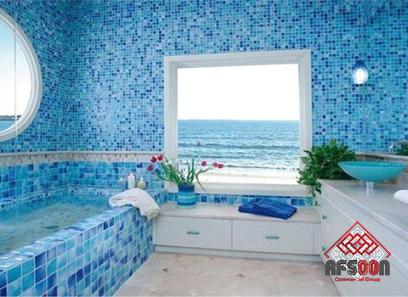
.
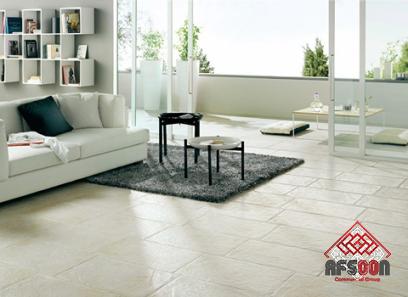 Porcelain is made from a denser clay and is fired at a higher temperature, resulting in a more waterproof and less porous tile. This makes porcelain tiles highly suitable for shower walls and floors, as they have a lower water absorption rate compared to ceramic tiles. Additionally, porcelain tiles are less likely to crack or develop mold and mildew, making them a more hygienic option. 2. Durability: Porcelain tiles are known for their exceptional durability.
Porcelain is made from a denser clay and is fired at a higher temperature, resulting in a more waterproof and less porous tile. This makes porcelain tiles highly suitable for shower walls and floors, as they have a lower water absorption rate compared to ceramic tiles. Additionally, porcelain tiles are less likely to crack or develop mold and mildew, making them a more hygienic option. 2. Durability: Porcelain tiles are known for their exceptional durability.
..
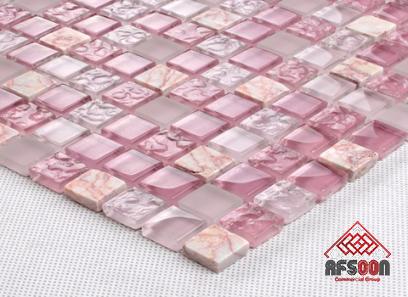 They are harder and more resistant to wear and tear compared to ceramic tiles. Porcelain tiles are less prone to chipping, scratching, or breaking, making them an ideal choice for high-traffic areas like showers. Ceramic tiles, while also durable, may be more prone to damage over time, especially if they are of lower quality. 3. Cost: Ceramic tiles are generally more affordable than porcelain tiles. If you have a limited budget but still want a stylish and functional shower, ceramic tiles can be a cost-effective option. However, it is important to note that the long-term durability of porcelain tiles may outweigh the initial cost savings.
They are harder and more resistant to wear and tear compared to ceramic tiles. Porcelain tiles are less prone to chipping, scratching, or breaking, making them an ideal choice for high-traffic areas like showers. Ceramic tiles, while also durable, may be more prone to damage over time, especially if they are of lower quality. 3. Cost: Ceramic tiles are generally more affordable than porcelain tiles. If you have a limited budget but still want a stylish and functional shower, ceramic tiles can be a cost-effective option. However, it is important to note that the long-term durability of porcelain tiles may outweigh the initial cost savings.
…
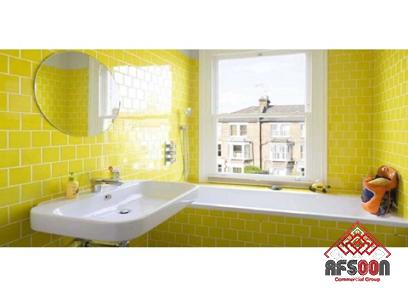 4. Style and Design: Both ceramic and porcelain tiles offer a wide range of design options to suit any aesthetic preference. Ceramic tiles can be found in an array of colors, patterns, and finishes, making it easy to create a personalized shower design. Porcelain tiles, on the other hand, often imitate natural stone or wood, providing a distinctive and elegant look. Whether you prefer a classic or modern aesthetic, both ceramic and porcelain tiles offer versatile options to enhance the visual appeal of your shower. 5. Installation: When it comes to installation, ceramic and porcelain tiles are quite similar. However, porcelain tiles can be slightly more difficult to cut due to their density and hardness. Therefore, professional installation is recommended to ensure precision and a seamless finish for both types of tiles. In conclusion, both ceramic and porcelain tiles can be suitable for shower installations, depending on your specific needs and budget. Porcelain tiles offer superior water resistance, durability, and a wide range of design options. On the other hand, ceramic tiles are more affordable and still provide a good level of functionality and style. Ultimately, it is important to consider factors such as water absorption, durability, cost, style, and installation requirements when making your choice between ceramic and porcelain tiles for your shower.
4. Style and Design: Both ceramic and porcelain tiles offer a wide range of design options to suit any aesthetic preference. Ceramic tiles can be found in an array of colors, patterns, and finishes, making it easy to create a personalized shower design. Porcelain tiles, on the other hand, often imitate natural stone or wood, providing a distinctive and elegant look. Whether you prefer a classic or modern aesthetic, both ceramic and porcelain tiles offer versatile options to enhance the visual appeal of your shower. 5. Installation: When it comes to installation, ceramic and porcelain tiles are quite similar. However, porcelain tiles can be slightly more difficult to cut due to their density and hardness. Therefore, professional installation is recommended to ensure precision and a seamless finish for both types of tiles. In conclusion, both ceramic and porcelain tiles can be suitable for shower installations, depending on your specific needs and budget. Porcelain tiles offer superior water resistance, durability, and a wide range of design options. On the other hand, ceramic tiles are more affordable and still provide a good level of functionality and style. Ultimately, it is important to consider factors such as water absorption, durability, cost, style, and installation requirements when making your choice between ceramic and porcelain tiles for your shower.

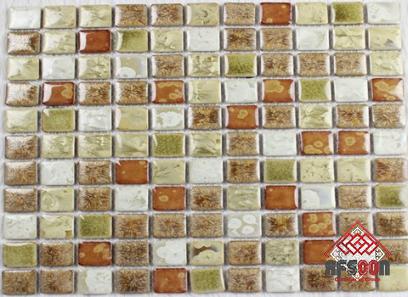
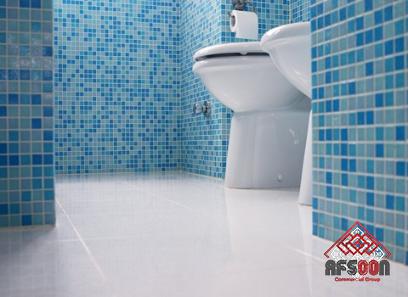
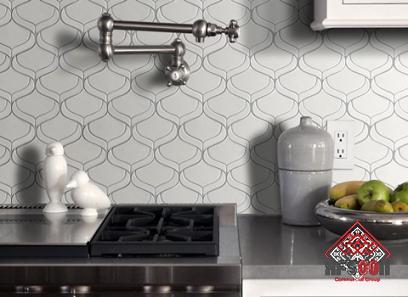
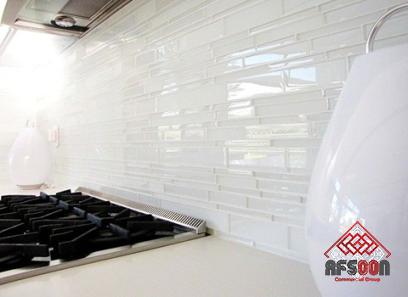
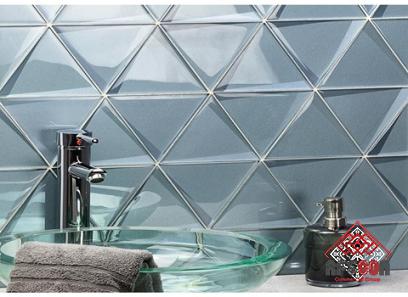
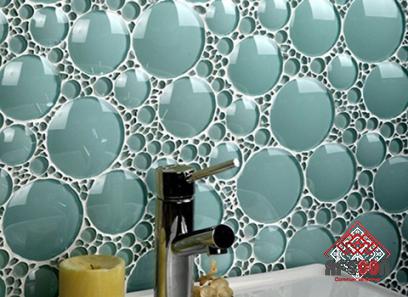
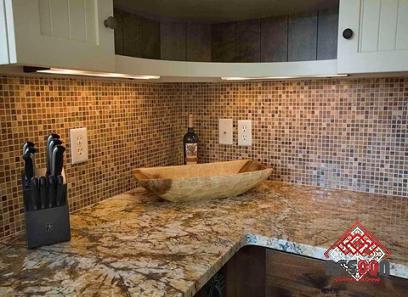
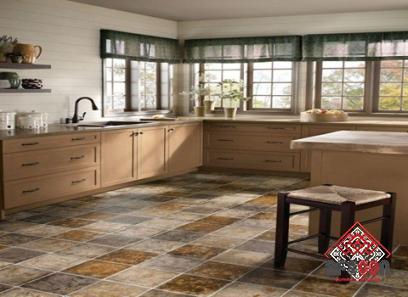
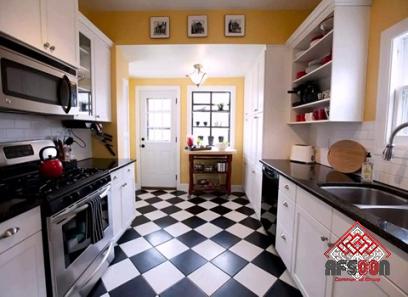
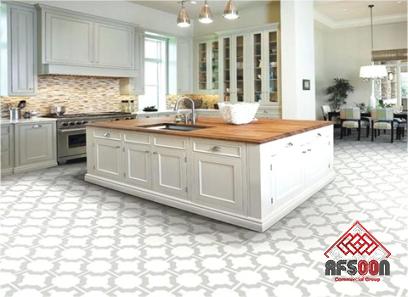
Your comment submitted.